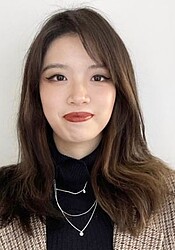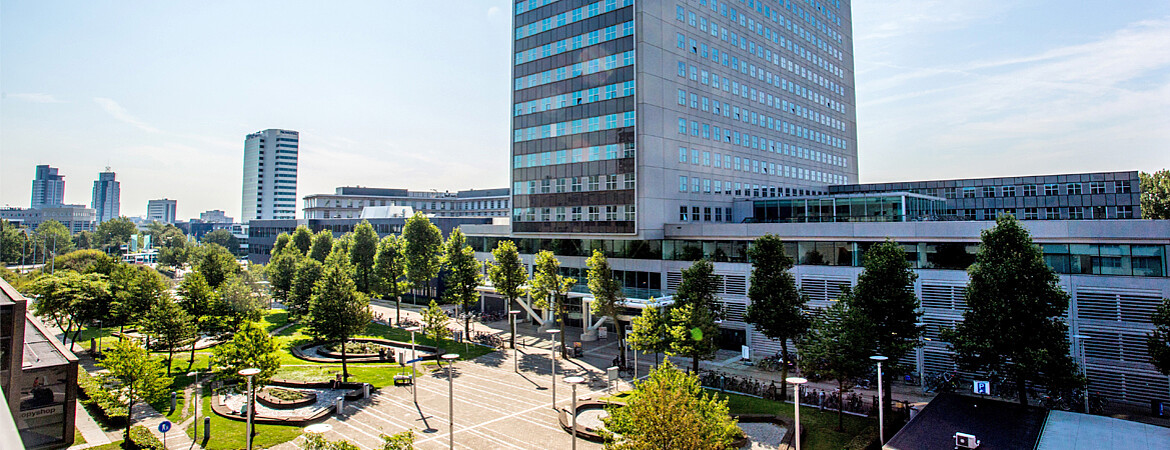M. (Meihui) Jiang

PhD Track Business model innovation for the electronics industry
The PhD position focuses on developing business models for circular electronics. Many electronic products (e.g., mobile phones and computers) have a rapid innovation cycle which makes products and product components outdated long before the technical end-of-life. This discrepancy between a short innovation cycle and a long technical life cycle prevents product longevity, product re-use, and component re-use. In part, however, the short innovation cycle is also related to the dominant business model in electronics, focusing on sales maximization. In such a business model profit depends on the number of units sold. We see clear examples where it appears to be possible to design products for upgradability or component re-use (e.g., Fairphone), but these solutions often require very different earning models or business models.
We see that current companies struggle with recipes to implement circular solutions in the electronics sector. There is a lack of lifetime-extending solutions. Approaches for product/product service designs that foster product longevity and component re-use are immature and not widely applied. Current mainstream separation and recycling technologies cannot deal optimally with the complex composition of E-waste. And finally, companies and financiers are unfamiliar with business models that focus on use rather than sales, while at the same time the adoption of such business models is uncertain.
The integral approach of this research, which stretches from micro-electronics developments to recycling technology, while simultaneously exploring implementation through circular design and business models and environmental assessments at the system level makes this research unique. Within this research, our collaborations enable us to bridge the gap between manufacturing and recycling. This is done from a technical perspective as well as from a business perspective. Innovative circular business models that stimulate collaboration between recyclers and manufacturers are therefore essential. More information on the research project can be found here.
The PhD position focuses on developing business models for circular electronics. Many electronic products (e.g., mobile phones and computers) have a rapid innovation cycle which makes products and product components outdated long before the technical end-of-life. This discrepancy between a short innovation cycle and a long technical life cycle prevents product longevity, product re-use, and component re-use. In part, however, the short innovation cycle is also related to the dominant business model in electronics, focusing on sales maximization. In such a business model profit depends on the number of units sold. We see clear examples where it appears to be possible to design products for upgradability or component re-use (e.g., Fairphone), but these solutions often require very different earning models or business models.
We see that current companies struggle with recipes to implement circular solutions in the electronics sector. There is a lack of lifetime-extending solutions. Approaches for product/product service designs that foster product longevity and component re-use are immature and not widely applied. Current mainstream separation and recycling technologies cannot deal optimally with the complex composition of E-waste. And finally, companies and financiers are unfamiliar with business models that focus on use rather than sales, while at the same time the adoption of such business models is uncertain.
The integral approach of this research, which stretches from micro-electronics developments to recycling technology, while simultaneously exploring implementation through circular design and business models and environmental assessments at the system level makes this research unique. Within this research, our collaborations enable us to bridge the gap between manufacturing and recycling. This is done from a technical perspective as well as from a business perspective. Innovative circular business models that stimulate collaboration between recyclers and manufacturers are therefore essential. More information on the research project can be found here.
- Keywords
- Circular economy, sustainability, closed loop supply chains, consumer electronics
- Time frame
- 2023 -
Address
Burgemeester Oudlaan 50
3062 PA Rotterdam
Postbus 1738
3000 DR Rotterdam
Netherlands






